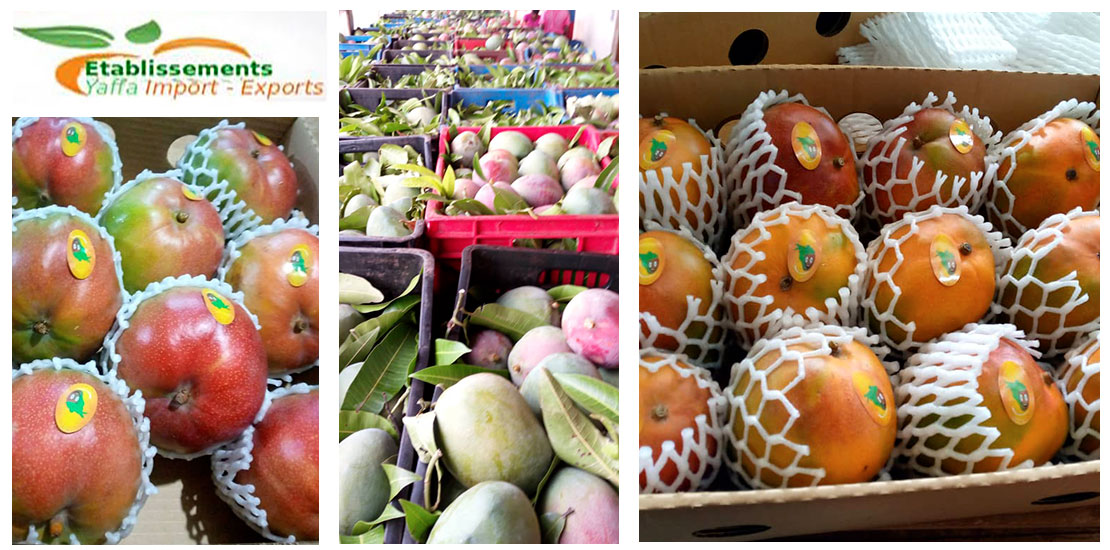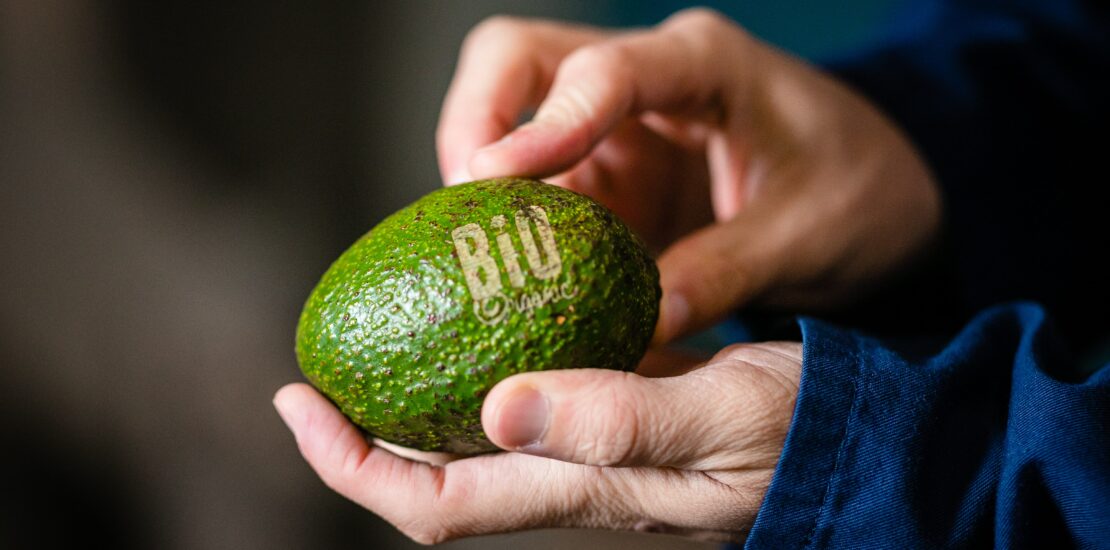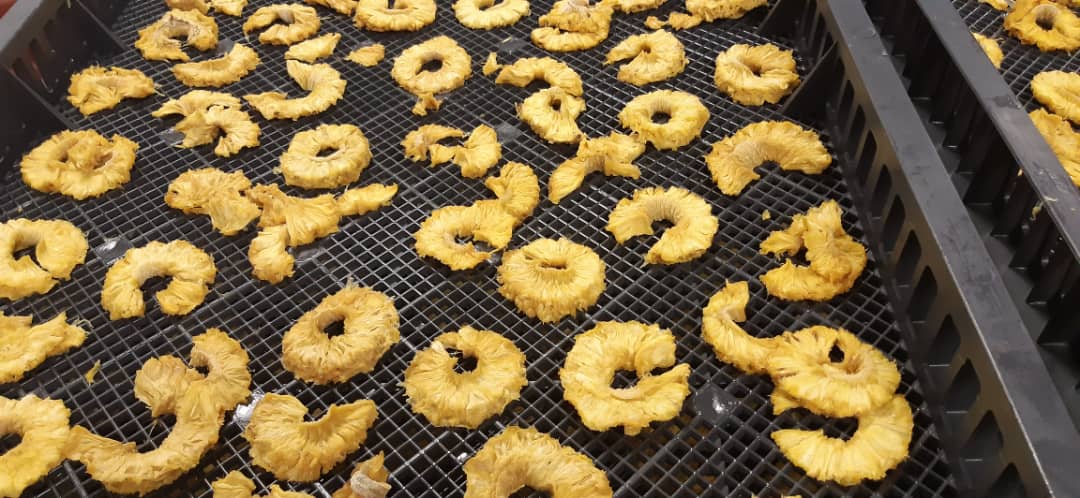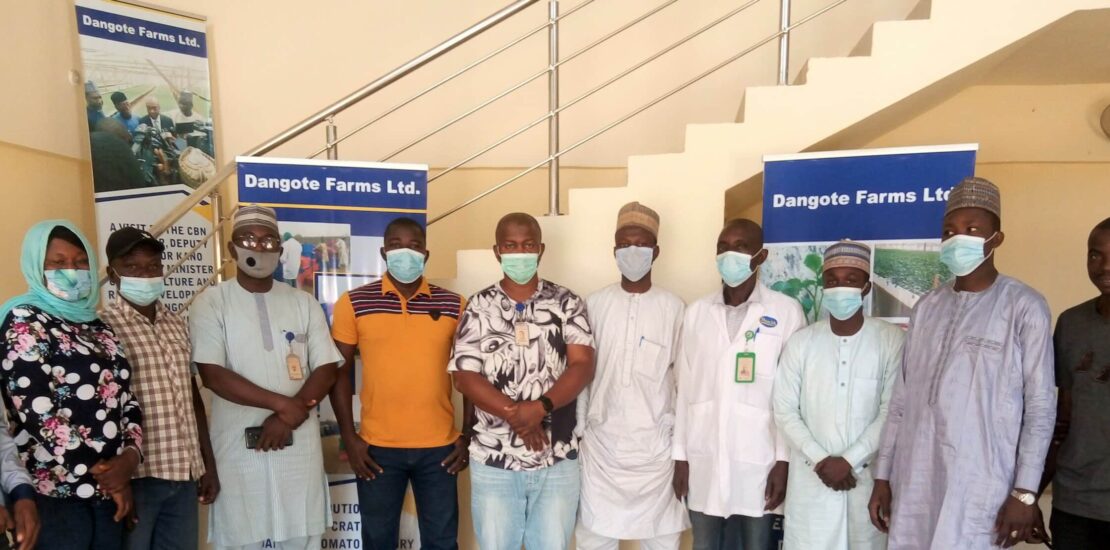Mali: Mango exporter ETS Yaffa & Frères benefits from a business loan
- 19/07/2021
- Posted by: Gaetan Dermien
- Category: Africa, Mali, Mangoes
No Comments The ABC Fund (Agri-Business Capital) recently provided loans to three African agri-businesses to support their working capital needs and expansion, enabling higher rural employment and securing market access for farmers in their respective sectors (African Farming, 3 June). Image source : ETS Yaffa et Frères One of the successful companies is COLEACP member Etablissement Yaffa & Frères, one of the largest local fresh mango exporters in Mali. Yaffa has been a member of COLEACP since 2007, and over the past… +
The ABC Fund (Agri-Business Capital) recently provided loans to three African agri-businesses to support their working capital needs and expansion, enabling higher rural employment and securing market access for farmers in their respective sectors (African Farming, 3 June). Image source : ETS Yaffa et Frères One of the successful companies is COLEACP member Etablissement Yaffa & Frères, one of the largest local fresh mango exporters in Mali. Yaffa has been a member of COLEACP since 2007, and over the past… +Understanding the new EU Organic Regulation
- 24/06/2021
- Posted by: Sandra Borma
- Category: Apples, Avocados, Bananas, Benin, Burkina Faso, Cameroon, Capsicum, Cassava, Chillies, Côte d'Ivoire, Democratic Republic Of The Congo, Ethnic vegetables, French beans, Ginger, Guinea, Lettuces, Madagascar, Mali, Mangoes, Mangosteens, News, Okra, Onions, Papayas, Passion fruit, Pears, Pepper, Plantains, Rwanda, Senegal, Shallots, Spinach, Sweet potatoes, Togo, Tomatoes
 COLEACP organised an online workshop on 15 June to present the changes and potential impacts of the new European Union (EU) Organic Regulation 2018/848, which will enter into force in January 2022. The workshop brought together 80 participants, COLEACP partners involved in the production and export of organic fruit and vegetables. They were given a presentation by Michel Reynaud, Board Member of IFOAM Organics Europe and Vice President of Ecocert, who reviewed the main changes of the new regulation that… +
COLEACP organised an online workshop on 15 June to present the changes and potential impacts of the new European Union (EU) Organic Regulation 2018/848, which will enter into force in January 2022. The workshop brought together 80 participants, COLEACP partners involved in the production and export of organic fruit and vegetables. They were given a presentation by Michel Reynaud, Board Member of IFOAM Organics Europe and Vice President of Ecocert, who reviewed the main changes of the new regulation that… +Support for setting up organic pineapple production at TROPICAUX
- 06/05/2021
- Posted by: Sandra Borma
- Category: Guinea, News
 COLEACP has been supporting the setup of organic pineapple production at the TROPICAUX company in Guinea. This activity has two objectives – to provide training and accompany TROPICAUX in the implementation of its pineapple plots according to the organic agriculture reference system; and to reinforce the capacities of a Guinean expert in pineapple production. There are several elements involved: diagnosis of the plots envisaged by the company; providing training for managers on the technical itinerary for organic pineapple; and working… +
COLEACP has been supporting the setup of organic pineapple production at the TROPICAUX company in Guinea. This activity has two objectives – to provide training and accompany TROPICAUX in the implementation of its pineapple plots according to the organic agriculture reference system; and to reinforce the capacities of a Guinean expert in pineapple production. There are several elements involved: diagnosis of the plots envisaged by the company; providing training for managers on the technical itinerary for organic pineapple; and working… +Nigeria – DANGOTE engaged in progressive training sessions
- 12/02/2021
- Posted by: Sandra Borma
- Category: News, Nigeria
 COLEACP’s Field Training Workshop method – training for Dangote Farms At the end of January, COLEACP facilitated training on crop protection, safe use of pesticides and the Field Training Worksohp method for Dangote Farms Limited in Nigeria. The company grows tomatoes with over 5,000 smallholders in the area around Kano, processing the crop into tomato paste for the domestic market. The extension staff who took part in the training are planning to make use of the skills they acquired to… +
COLEACP’s Field Training Workshop method – training for Dangote Farms At the end of January, COLEACP facilitated training on crop protection, safe use of pesticides and the Field Training Worksohp method for Dangote Farms Limited in Nigeria. The company grows tomatoes with over 5,000 smallholders in the area around Kano, processing the crop into tomato paste for the domestic market. The extension staff who took part in the training are planning to make use of the skills they acquired to… +
